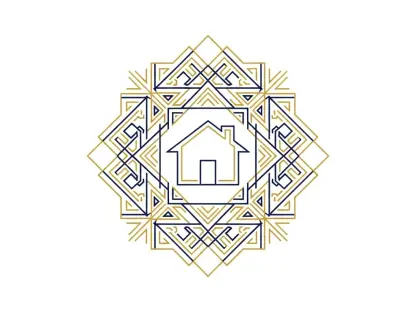As the landscape of daily life continues to evolve at an unprecedented pace, adapting to new challenges and opportunities has become an essential skill. Whether it involves protecting personal information in the digital age, ensuring safety during increasing natural disasters, or making informed life decisions, individuals face a mixture of risks and benefits that require a proactive approach to decision-making. Navigating these dynamics calls for an effective blend of awareness, readiness, and education. Understanding how to stay safe while embracing innovation and technological advances is crucial in ensuring a secure and smart progression into the future.
Health and Safety in a Technological Era
The proliferation of digital tools and platforms has made life more convenient but has also introduced novel threats that require vigilance and knowledge. Health insurance scams, particularly targeting senior citizens, illustrate the need for increased awareness. Fraudsters use sophisticated techniques to impersonate reputable insurance companies, offering “too good to be true” deals that entice seniors into providing personal information or upfront payments. Recognizing the characteristics of these scams, such as high-pressure tactics and lack of official documentation, is key to avoiding exploitation. Seniors are encouraged to verify the legitimacy of claims through official channels and consult trusted professionals before engaging in any transactions or agreements.
Moreover, the adoption of emerging technologies like Artificial Intelligence (AI) in managing personal finances has opened new avenues for efficiency and resource management. AI-driven budgeting tools offer personalized insights and automation, aiding in maintaining financial health. However, this shift also necessitates understanding data protection to safeguard sensitive financial information. Users are advised to explore these platforms’ privacy policies and security measures before integrating them into their financial routines. By leveraging AI responsibly, individuals can benefit from smarter financial management while maintaining control over their personal data.
Navigating Environmental and Physical Safety
Contending with environmental challenges requires more than adapting to evolving natural phenomena; it involves changing perceptions and practices. Misconceptions regarding tornado safety, such as the false belief that sheltering under an overpass is safe, have exposed individuals to heightened risks. Education on proper safety measures during tornadoes, including seeking shelter within sturdy structures or low-lying areas, is critical for minimizing harm. Understanding these nuances and sharing accurate knowledge can significantly enhance community readiness and response during emergencies.
In parallel, awareness surrounding UV protection highlights the importance of informed choices in daily life. Ultraviolet Protection Factor (UPF) ratings in clothing are essential for reducing exposure to harmful solar radiation and preventing skin-related health issues. Residents engaging in outdoor activities can mitigate risks by selecting summer attire with appropriate UPF ratings. These decisions not only reflect personal care but also emphasize the value of integrating safety with lifestyle choices. Embracing scientifically backed principles in daily habits ensures a proactive approach to maintaining health, demonstrating the intersection of knowledge and practice in achieving long-term well-being.
Relationships and Financial Impacts
Changing demographics in relationships, especially among the senior population, underscore evolving lifestyle considerations. An increasing number of seniors are exploring companionship through marriage or cohabitation, a trend that brings distinct financial and legal implications. Remarriage in later life can affect Social Security distribution, pension entitlement, and insurance coverage, necessitating careful navigation of these aspects. Alternatively, cohabitation presents opportunities to share life without the complexities of marriage yet requires legal documentation to protect rights in emergencies or inheritance scenarios. Open dialogue about finances and future plans among partners is crucial to avert financial misunderstandings and align expectations.
Furthermore, as individuals make such life choices, comprehensive assessments of their financial stability and future goals form a necessary foundation. Whether considering estate plans or discussing long-term care possibilities, seniors need to be well-informed of how companionship intersects with financial and lifestyle objectives. Caring for financial health in conjunction with personal relationships fosters balanced decision-making and ensures that these significant life transitions contribute positively to an individual’s overall quality of life.
Preparing for Global Events and Opportunities
As the world transforms rapidly, adjusting to new challenges and opportunities has become an indispensable skill. In today’s digital age, safeguarding personal information, staying safe amid increasing natural disasters, and making informed decisions are vital components of modern life. These scenarios present a blend of risks and advantages, necessitating a proactive approach to decision-making. To successfully navigate this evolving landscape, individuals must cultivate a mix of awareness, preparedness, and education. Grasping the means to remain secure while embracing innovation and technological advancements is key to a smart and safe journey into the future. The ability to assess risks and make informed choices is not just beneficial but critical. As technology continues to evolve, individuals face data breaches and cyber threats, emphasizing the importance of understanding digital security. Education in this area is crucial to protect privacy and maintain personal safety. Moreover, with climate change bringing more frequent natural disasters, readiness and preparation can mean the difference between danger and safety. Having the knowledge and resources to respond effectively to emergencies is essential. By staying informed and being ready to adapt, individuals equip themselves to thrive despite the uncertainties that lie ahead.









